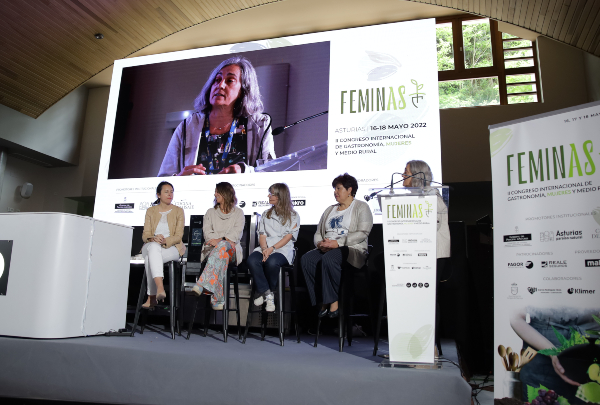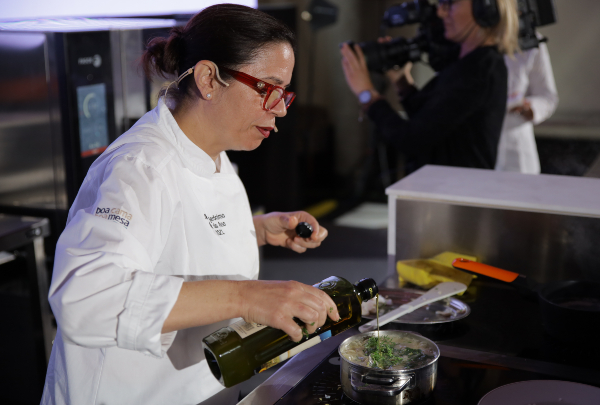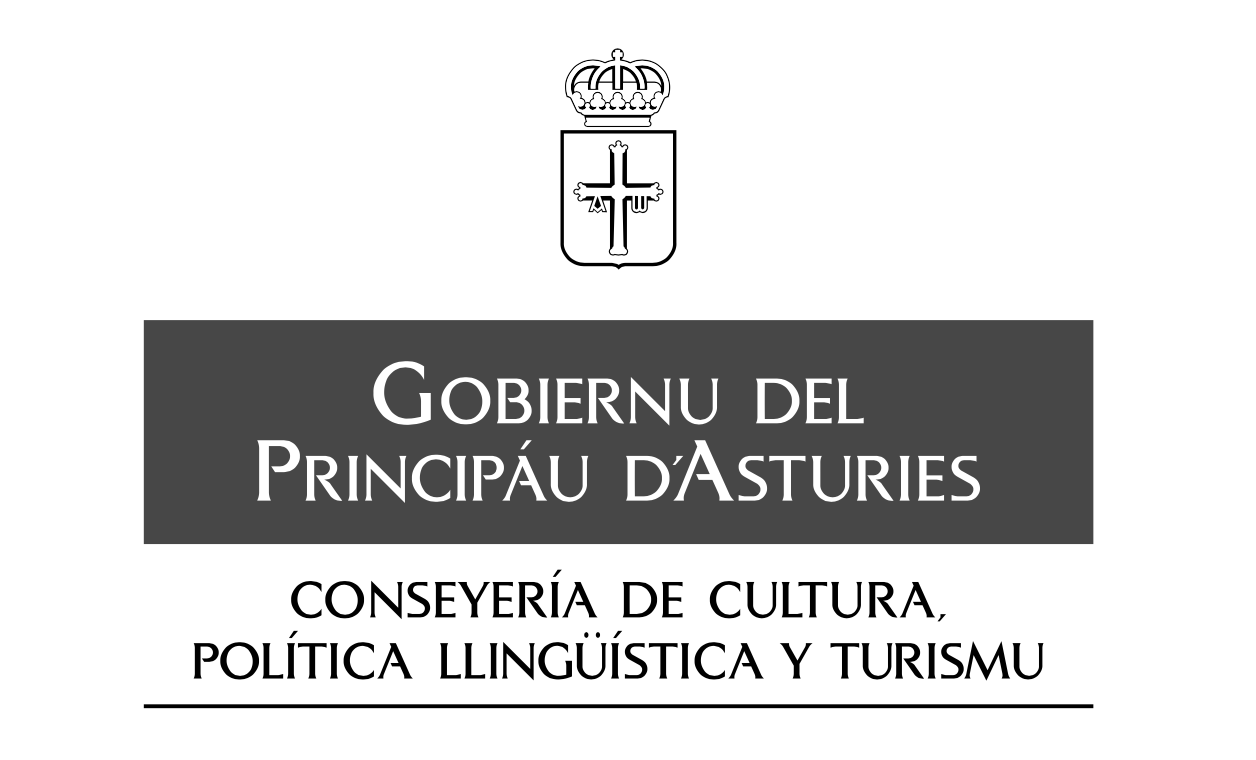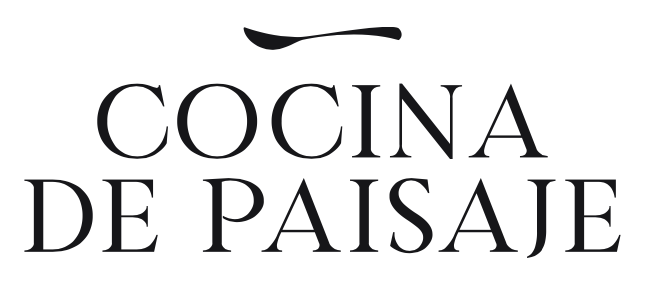News
To the mothers!
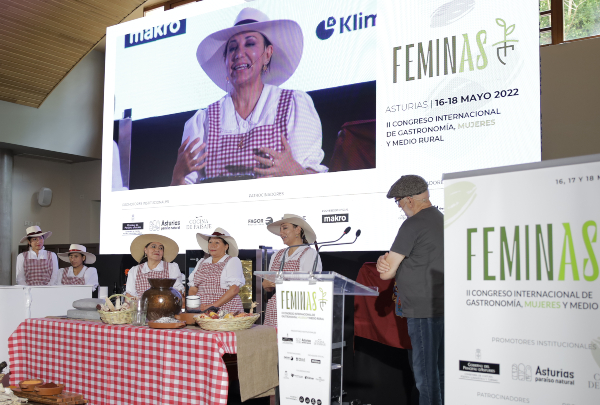
The legacy and tradition of the "picanterías" of Arequipa (Peru) went down a storm in the auditorium at FéminAs.
A way of understanding cookery "and showing respect for diners and our mothers and grandmothers". The "picantera" chefs take over from the "Cocineras Tradicionales de Oaxaca" Association as the main attraction of traditional cuisine at FéminAs.
The big talk on the first day of FéminAs did not disappoint, The scene was all colour, baskets and products. There was expectation in the air. Three "picantera" chefs from Arequipa (Peru) had travelled to Asturias to promote "a secular female profession that has survived with its main characteristics, hybrid traditional wood-fired cuisine using "batán" grinders", announced Ignacio Medina, who was acting as moderator.
“This is traditional cooking which we learned from our mothers. The "picanterías" arose from "chicherías", where "chicha" beer was sold. After a certain amount of time, so that they could sell more of it, the owners began to cook small snacks which were offered for free along with the beer. They gradually began to cook more and more and evolved in "picanterías", because they sold food described as "picante". Nowadays these are places where food is cooked with no electrical appliances, and to an established order: first the "picantes", then the "chupe" chowder, and then the stews".
Mónica Huerta (La Nueva Palomino. Arequipa, Peru) was talking. She was talking on behalf of the other chefs with her on stage - Beatriz Villanueva (Laurita Cau Cau) and Maruja Ramos de Aguilar (La Maruja) - "and on behalf of all Peru's "picantera" chefs, because although Arequipa is where most of the "picanterías" have sprung up, thanks to its indigenous roots - and we're very proud of those - they also exist all over the country".
Her colleagues smiled and the audience applauded, because on Tuesday their Sociedad Picantera de Arequipa association will be taking the International "Guardians of Tradition" Award; because its representatives have already won the appreciation of Asturias through their way of cooking, "because the "picanterías" are the body and soul of Arequipa's cuisine", explained Huerta.
The three demonstrated this on stage - attired with their aprons "out of respect for the customer" - by cooking two typical Arequipa recipes. One of these was "Ocopa", “one of our most typical”. They used a "batán" grinder, an essential tool of the "picanterías", a river stone fashioned into a crescent shape, to grind several indigenous ingredients such as "maní" peanuts, "huatacay" (aromatic herb) and several chillies ("jaspeados", a Quechua word meaning lightly roasted), onions and "Spanish" garlic. The other recipe was a "chupe" shrimp chowder with ground chillies, along with huatacay and several cheeses.
They ground, talked, cooked and smiled. There was also an essential "picantería" toast to "guiñapo" maize beer, "the blood running through the veins of the picanteras”. This involves a pre-Hispanic technique which also features the "batán" grinder, and it is based on ancient black Creole rice germinated in underground wells or "poyos". The result, a fermented beverage to "help with digestion", which they clinked their glasses with at the end of the presentation.
They did so in peculiar glasses, as is the tradition, although not in one gulp, which is also traditional. This was because they stopped drinking to sing. “In a "picantería", you start with "chicha" beer and music, and you also finish with the beer and the music", they explained. This is respect - which, incidentally, is their term for the husbands of the "picanteras" - and also by way of homage "to our mothers and grandmothers. We learned from them. And they live on in us through cooking. To you, our mothers". “¡Por el gusto!” (which means ‘Cheers!’ in Arequipa). Ovation, tradition and respect.


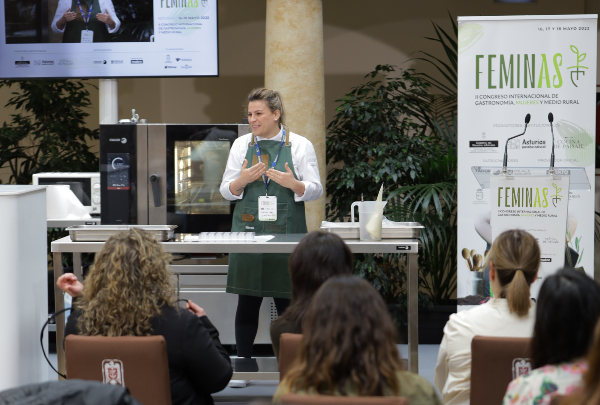

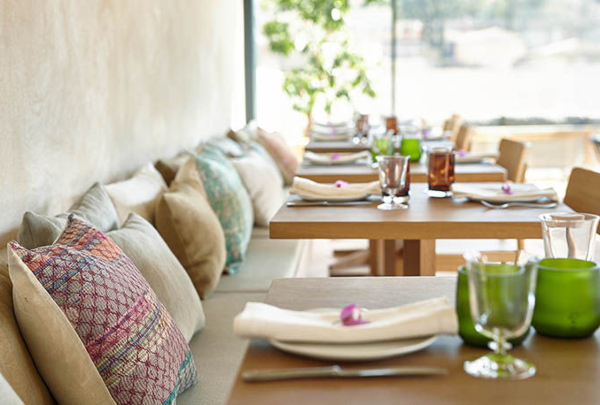
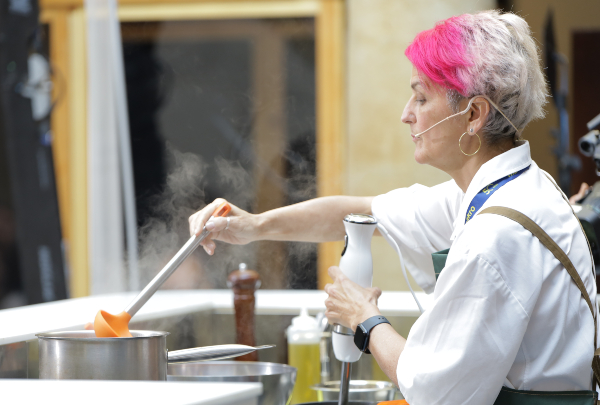
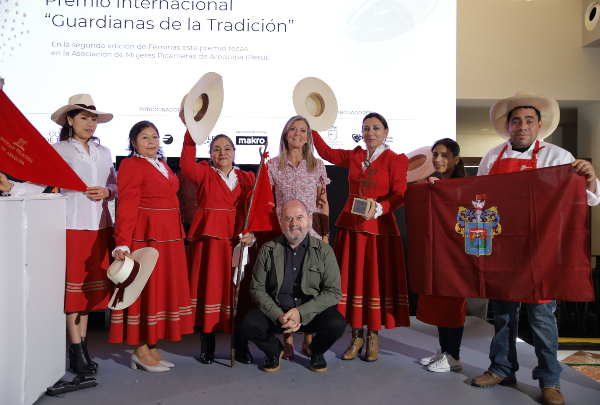
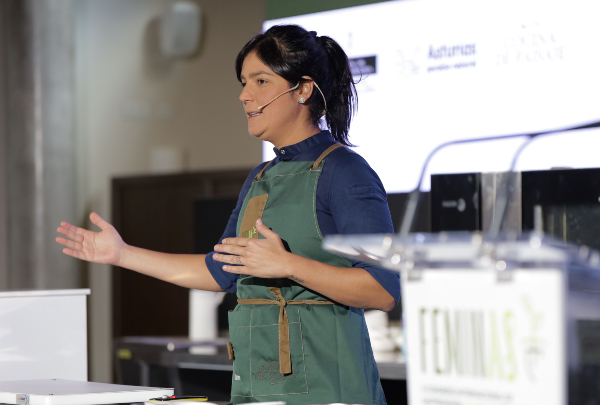
 600.jpg)
